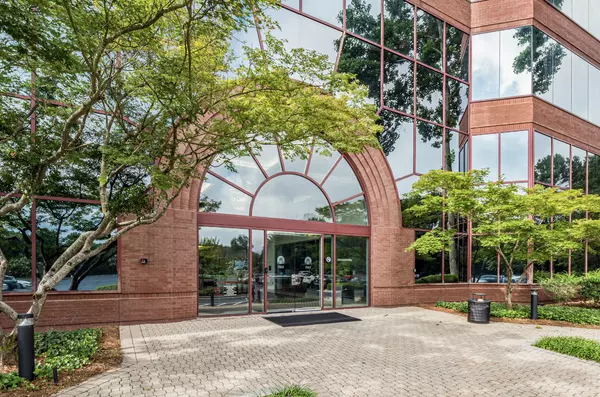

Unlocking Success: A Comprehensive Guide to Commercial Property Investment
Introduction: Welcome to our blog focused on commercial property investment—an essential read for investors aiming to thrive in the dynamic real estate market. Whether you're a seasoned professional or a novice exploring opportunities, understanding the nuances of commercial property investment can
Read More

Maximizing Returns: A Guide to Commercial Real Estate Investing
Introduction:Welcome to our commercial real estate investing blog, where we delve into the lucrative world of commercial properties. Whether you're a seasoned investor or just starting out, understanding the dynamics of commercial real estate (CRE) investing can lead to substantial returns. Let's e
Read More

Prime Office Space Available at 1165 Northchase Pkwy SE, Marietta, GA
Welcome to 1165 Northchase Parkway SE, a stunning office space located in the heart of Marietta, GA. Priced at $8,000, this meticulously designed office suite is an exceptional find for businesses seeking a dynamic and functional workspace to boost productivity and creativity.Situated in a prime, bu
Read More

Why Commercial Real Estate Trumps Residential: A Beginner's Guide to Investing
Introduction: Welcome to our commercial real estate blog! If you're a first-time investor weighing your options between commercial and residential properties, you're in the right place. Here, we break down why commercial real estate (CRE) offers unique advantages and why it might be the better choi
Read More
Categories
Recent Posts










